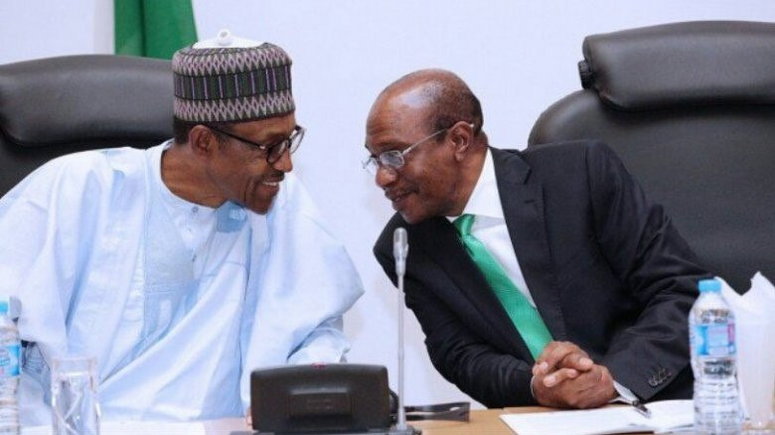The leadership of the Manufacturers Association of Nigeria (MAN) has opened up on the current challenge that is frustrating the sector since the exit of Nigeria from recession.
Members of the group are now decrying the growing inability of Nigerians to buy their goods and services due to serious drop in their purchasing power.
Otherwise, manufacturers decry that they were confronted with warehouses stocked with unsold goods while some of their members have gone to the extent of hawking their products by the roadside to at least recover cost of production.
Making the public outcry, the President of MAN, Dr. Frank Jacobs, attributed the sorry situation to low purchasing power of consumers.
Dr. Jacobs, who was represented by the Director, Economics and Statistics Department, MAN, Segun Osidipe, at a recent breakfast meeting organised by the Nigerian-American Chamber of Commerce themed ‘Nigeria after Recession: 2018 Q1 Review and Economic Outlook’ in Abuja, averred that although the sector did not fare as badly in the first quarter of 2018 as it did in the last quarter of 2017, the improvement in fortunes did not cut across all the sub-sectors.
According to him, “While sectors such as food and beverages, chemical and pharmaceuticals, electrical and cable manufacturing, basic metal, iron and steel, showed improved capacity utilisation, wood and wood products recorded poor performances; pulp, paper publishing and non-metallic products also declined”.
“The access to foreign exchange is equally improving but there is a gap. We have a huge inventory of unsold stocks lying in the warehouses of manufacturers.
“If they produce and cannot sell, there is nothing that can be done. The disposable income of the average Nigerian has been eroded. We are trusting that government will continue to work on reducing inflation and making forex available while the policies to ease business dealings in Nigeria are effectively implemented,” MAN President argued.
Continuing, MAN disclosed that infrastructure, especially energy was one of the major challenges of the manufacturing sector, revealing that in 2016 alone, members spent well over N179bn on sourcing alternative energy.









